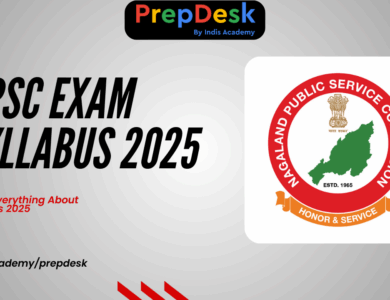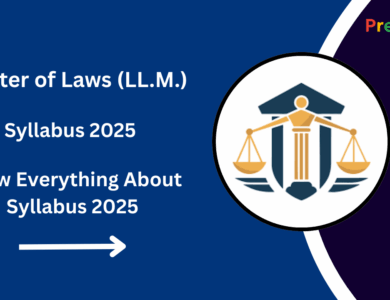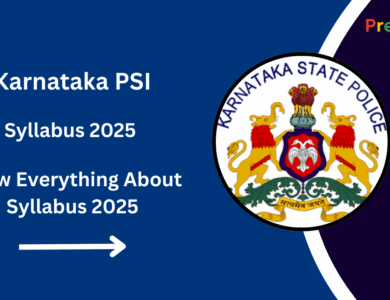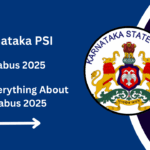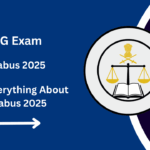M.Tech Electrical Engineering Syllabus 2025 – Detailed Semester-Wise Guide
Explore the complete 2025 M.Tech Electrical Engineering syllabus with semester-wise subjects, core and elective modules, and downloadable PDF options. Perfect for aspirants seeking structure and clarity, updated with inputs from top institutes.
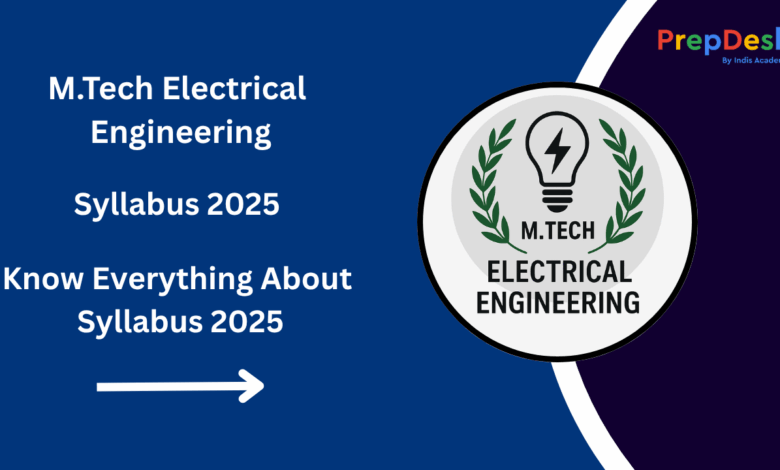
The Master of Technology (M.Tech.) in Electrical Engineering is a two-year postgraduate program spread across four semesters. This course aims to provide students with advanced technical knowledge, research skills, and hands-on experience in core areas like power systems, control systems, electronics, high-voltage engineering, renewable energy, and automation. The program is designed to prepare graduates for careers in academia, research, and industries such as power generation, manufacturing, renewable energy, and electronics.
Key highlights of the program:
- Duration: 2 Years (4 Semesters)
- Mode: Semester System
- Level: Postgraduate
- Eligibility: B.Tech/B.E in Electrical Engineering or related field
- Specializations: Power Systems, Control Systems, Power Electronics, Renewable Energy, etc.
- Focus Areas: Advanced mathematics, modeling, simulations, real-world applications
- Outcome: Ability to solve complex engineering problems and conduct independent research
M.Tech in Electrical Engineering combines theoretical depth with practical problem-solving abilities. The syllabus balances fundamentals with cutting-edge developments like smart grids, AI applications, and renewable integration.
2. Exam & Course Overview
The course structure follows a credit-based system, with internal and external assessments. The evaluation pattern includes assignments, lab work, mid-semester exams, and end-semester exams.
| Parameter | Details |
|---|---|
| Duration | 2 Years (4 Semesters) |
| Total Credits | ~90–100 |
| Assessment Pattern | Internal (40%) + External (60%) |
| Core Components | Theory, Labs, Seminars, Project/Dissertation |
| Project Requirement | Yes, mandatory in 3rd & 4th semesters |
3. Semester-wise Subjects and Topics
Semester 1
| Subject | Credits | Assessment | Topics Covered |
| Advanced Engineering Mathematics | 4 | Internal + External | Linear algebra, calculus, eigenvalues, matrix theory, differential equations |
| Advanced Power System Analysis | 4 | Internal + External | Load flow studies, system stability, modeling, economic operation |
| High Voltage Transmission Systems | 4 | Internal + External | EHV AC, HVDC principles, insulation coordination, corona effects |
| Elective I | 4 | Varies | Depends on specialization – e.g., power electronics, control systems |
| Lab/Seminar | 2 | Practical Evaluation | Software tools, modeling, simulations |
Semester 2
| Subject | Credits | Assessment | Topics Covered |
| Power System Operation & Control | 4 | Internal + External | Load dispatch, frequency control, optimization, SCADA integration |
| Power System Instrumentation | 4 | Internal + External | Sensors, transducers, SCADA systems, real-time monitoring |
| Advanced Power System Protection | 4 | Internal + External | Relays, circuit breakers, protection coordination, digital protection |
| Elective II | 4 | Varies | Depends on specialization |
| Seminar/Project Stage I | 2 | Presentation & Report | Research proposal preparation, literature review |
Semester 3
| Subject | Credits | Assessment | Topics Covered |
| Elective III | 4 | Internal + External | Advanced topics based on specialization |
| Elective IV | 4 | Internal + External | Smart grids, renewable systems, microgrids |
| Laboratory Work | 4 | Practical + Viva | Advanced lab experiments, hardware simulations |
| Project Work (Phase I) | 6 | Evaluation & Report | Research design, simulation, prototyping |
Semester 4
| Subject | Credits | Assessment | Topics Covered |
| Project Work (Phase II) | 14 | Thesis Submission & Viva | Implementation, testing, documentation, results analysis |
| Viva-Voce/Seminar | 4 | Oral Examination | Defense of project work, expert review |
4. Detailed Topic Descriptions
- Advanced Engineering Mathematics: Tools for solving engineering problems—linear algebra, differential equations, numerical methods.
- Advanced Power System Analysis: Modeling, load flow, stability, and optimization techniques.
- High Voltage Transmission Systems: Study of modern high-voltage transmission and insulation design.
- Instrumentation: Principles of measurement, data acquisition, and real-time monitoring.
- Protection Systems: Protective device coordination, modern relay technology, fault analysis.
- Electives: Specializations in areas like AI in power systems, renewable integration, digital signal processing, robotics.
5. Marks Distribution
| Component | Internal Marks | External Marks | Total Marks |
| Theory Papers | 40 | 60 | 100 |
| Labs | 50 | 50 | 100 |
| Seminar | 50 | 50 | 100 |
| Project | 50 | 150 | 200 |
6. Recommended Books
| Subject | Book Title | Author |
| Control Systems | Modern Control Engineering | Katsuhiko Ogata |
| Power Systems | Power System Engineering | Nagrath & Kothari |
| Renewable Energy | Renewable Energy Sources | Kothari, Singal & Ranjan |
| Soft Computing | Neural Networks, Fuzzy Logic, and Genetic Algorithms | Rajasekaran & Pai |
| High Voltage Engg. | High Voltage Engineering | M.S. Naidu & V. Kamaraju |
7. Preparation Tips
- Understand Core Concepts: Master mathematics, power systems, electronics.
- Practice Software Tools: MATLAB, ETAP, PSIM, DIgSILENT.
- Focus on Electives: Choose electives strategically for career alignment.
- Research Early: Begin literature surveys and project planning in 2nd semester.
- Stay Industry-Updated: Attend seminars, webinars, and industry conferences.
- Mock Presentations: Improve seminar delivery and viva performance.
8. Specializations Available
| Specialization | Description |
| Power Systems | Focus on design, stability, and optimization of grid systems |
| Power Electronics & Drives | Advanced converters, drives, renewable integration |
| Control Systems | Automation, robotics, AI-driven control |
| Renewable Energy | Solar, wind, bioenergy, hybrid energy systems |
| Instrumentation | Sensors, data acquisition, industrial automation |
9. Conclusion
The M.Tech Electrical Engineering 2025 syllabus blends advanced theory, practical skills, and research experience to prepare graduates for complex engineering challenges. With a structured balance of core and elective subjects, along with mandatory project work, students are equipped to contribute to academia, R&D, or high-demand industrial sectors. Specializations allow for career-focused study, ensuring graduates are industry-ready.
10. FAQs
Q1: Do all universities follow the same syllabus?
A: No, while core subjects are consistent, electives and credit structures vary.
Q2: Is project work mandatory?
A: Yes, it is crucial for skill application and research exposure.
Q3: Which software tools are essential?
A: MATLAB, PSIM, ETAP, SCADA-related tools.
Q4: Can I specialize in Renewable Energy?
A: Yes, many institutions offer it as an elective or major.
Q5: How is assessment done?
A: Internal (assignments, tests) + External (semester exams, practicals).

